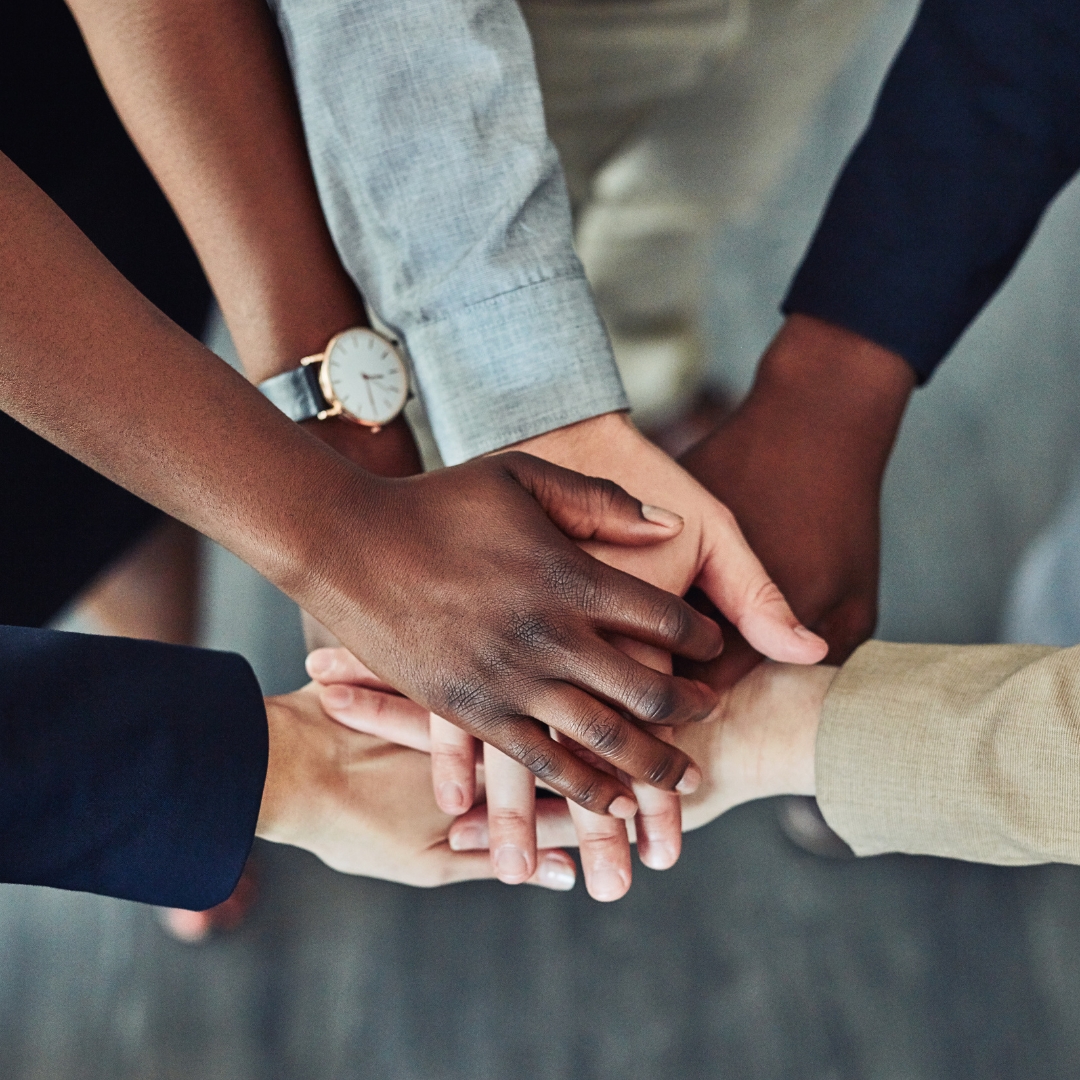Coaching for Equity: A Sneak Peek
January 30, 2020

Coaching for Equity: A Sneak Peek
Coaching for Equity: Conversations that Change Practice will be in your hands in mid-September. Here are a few excerpts from the introduction which I hope will get you excited to read it!
On the Role of Conversations
Human beings are challenged by a paradox: we are social animals wired for connection to other humans and we are wired to sort people into categories and withdraw into our tribes. We ache to be seen in our full humanity and fear pulls us back from seeing the full and complex humanity of other people. This tension exists within each one of us and within our communities—a tension between the desire to come together and the fear, and other forces, that propel us apart. Contending with this paradox lies at the core of our efforts to build equitable schools, and therefore must be acknowledged.
In recent years, social, political and economic divisions in the United States, and elsewhere, have become even more glaringly apparent. We see where people can’t listen to each other, haven’t built skill and ability to learn from each other, lack empathy for each other, and are failing to achieve their goals and visions for peace. And yet, there are many who believe, myself included, that the desire for connection, freedom and healing is stronger than the desire to hurt, dominate and oppress. In spite of what has been recorded in some versions of History, I believe the human desire for belonging and healthy community is paramount to all others, although I also recognize that some people’s actions have not always aligned to this intention.
In my work in schools over the last 25 years, I’ve seen educators who declare a commitment to equity, but whose practices fall short of achieving equitable outcomes for children. There’s a gap between what they believe (or think they believe) and what they do (or are able to do). I’ve also worked with many teachers and leaders who aspire to create classrooms and schools where every child thrives, but who did not know how to do so.
Bridging the gap between where we are and where we want—or need to be—requires us to learn together and to talk to each other: conversations close these chasms. I’ve learned how to have conversations that heal deep wounds, align intentions, and prompt effective action. I consider myself to be an architect of connection.
The bridge offers an evocative metaphor for coaching for equity. Building a bridge requires sophisticated skills and knowledge, planning, collaboration, imagination, vision, coordination, patience, courage, and love; we’ll need all of these attributes as we engage in conversations that cross gaps and as we create equitable schools.
Interconnectedness is a biological, environmental, sociological, emotional, and perhaps spiritual truth. We yearn for connection because we know that we are all connected. We know that to feel whole within ourselves, we must be whole and connected with others. This is my deepest intention in this book: to bring individuals and communities together. Conversations are the way we’ll get there.
On Conversations about Equity
Every conversation I have in and about schools is a conversation about equity. Every time I set foot in a school or speak to an administrator or a coach or a teacher, everything I see and hear is filtered through an equity lens. I think about who is thriving, who is sitting where, who is raising their hand, who is being yelled at, who is reading what, who is playing with whom, who is in the front office waiting for the principal, who the principal is, who the teachers are, what the teachers are doing in PD, how teachers redirect off-task students, how the teachers explain a concept, how the teachers check for understanding, what teachers assign for reading, how students are grouped, how students are instructed to walk in the hallways, who is praised, and so much more. I filter each observation and wondering through a racial equity lens. I look for patterns and trends, I look for outliers. I process what I see through my understandings of race, white supremacy, and institutional racism—all of these concepts and more that I’ll explain in this book, concepts that help to me make sense of the way things are and help me figure out how to interrupt the inequities that I see.
There is no distinction between a conversation in which I am coaching for equity and any other. Equity issues are present in every situation—that’s the nature of living in a society in which systems of oppression (including white supremacy and patriarchy) are embedded in our mindsets, behaviors, and institutions. We often don’t recognize the prevalence of systemic oppression, because that’s precisely how it works—by becoming invisible, by seeming to be “normal,” by being just a part of how things are, how we think, how we feel…
On How to Get the Most Out of This Book
Remember: It’s not your fault that things are the way they are, but it is your responsibility to do something about them.
I anticipate that at times, this book may be challenging and painful. White educators may feel uncomfortable as we explore issues of race and privilege. For many people of color, this book may surface past and present traumas related to their educational and professional experiences. Truth be told: I intend for readers to experience cognitive dissonance and have big feelings. I intend for you to feel sad, angry, confused, and hopeful. I suspect some of you might feel impatient. See what happens if you embrace that discomfort. Discomfort won’t kill you, and every time you go through an uncomfortable phase, you’ll see how you can be more prepared and resilient the next time discomfort shows up. It is only by feeling our emotions that we’ll really sort through the morass of history and contemporary mess and find a way through.
Key to reading this book will be to hone your ability to recognize what triggers emotional reactions for you. I’ll be offering concrete strategies for how to respond to strong emotions (which is what a trigger is) but remember that emotions offer important messages. When they make an appearance, sit down and listen to them. Learn from them. My books, Onward: Cultivating Emotional Resilience in Educators and The Onward Workbook, are invaluable resources for learning about emotions—and I do hope you experience emotions while reading this book.
We can heal from our own traumas and from the trauma of our country, and I believe that we ache for healing. We crave wholeness and connection. I have seen and heard that in every conversation I’ve ever had within and outside of schools.
Finally, in moments of discomfort I urge you to bear witness. Bearing witness is a concept that comes from psychology and some spiritual traditions. It’s likely that you do this, for example, when a friend shares a painful story and you listen openly and empathetically. We bear witness to others whom we’ll never meet in person when we read their books, listen to their poetry, take in their art, music, movies and performances. In order to heal the wounds of humanity, we’ll need to witness each other’s pain and suffering. Elie Wiesel, a Holocaust survivor and the author of Night, eloquently wrote, “For the dead and the living, we must bear witness.” It is when we witness that healing begins.
When you bear witness, you suspend habitual thinking and analysis and you acknowledge that something exists. You connect with a deep place of empathy and see a web of causes and conditions that create suffering—and you can take more effective action to stop that suffering. In bearing witness, you experience the interconnectedness of all beings.
Bearing witness is an act of great courage, for there may be times when you are called to witness unbearable suffering. In these pages, in your efforts to build equitable schools, allow yourself to be changed by what you witness—by what you witness in yourself, in others, and in your community. Witnessing can be excruciating and cathartic, and it can create a bridge for connection, healing and wholeness. Stay grounded in your purpose and intention—to build equitable schools—and hold space for your emotions. And turn to each other. Reach out and build connections to others. Our collective traumas happened in relationship to each other—our collective body as a species was traumatized in the last 500 years. Our healing needs to happen in community. Reach for each other.






















.png)
